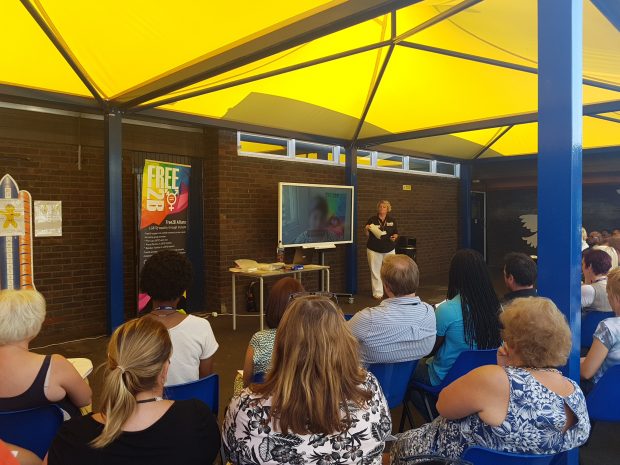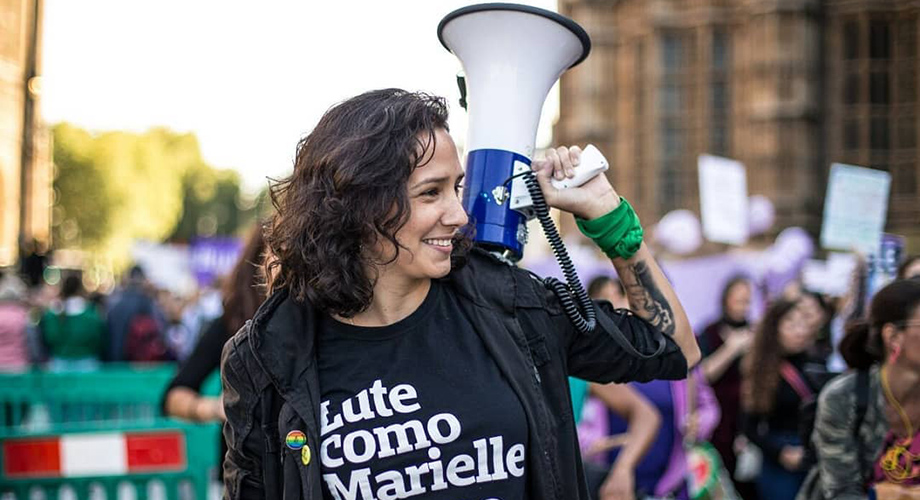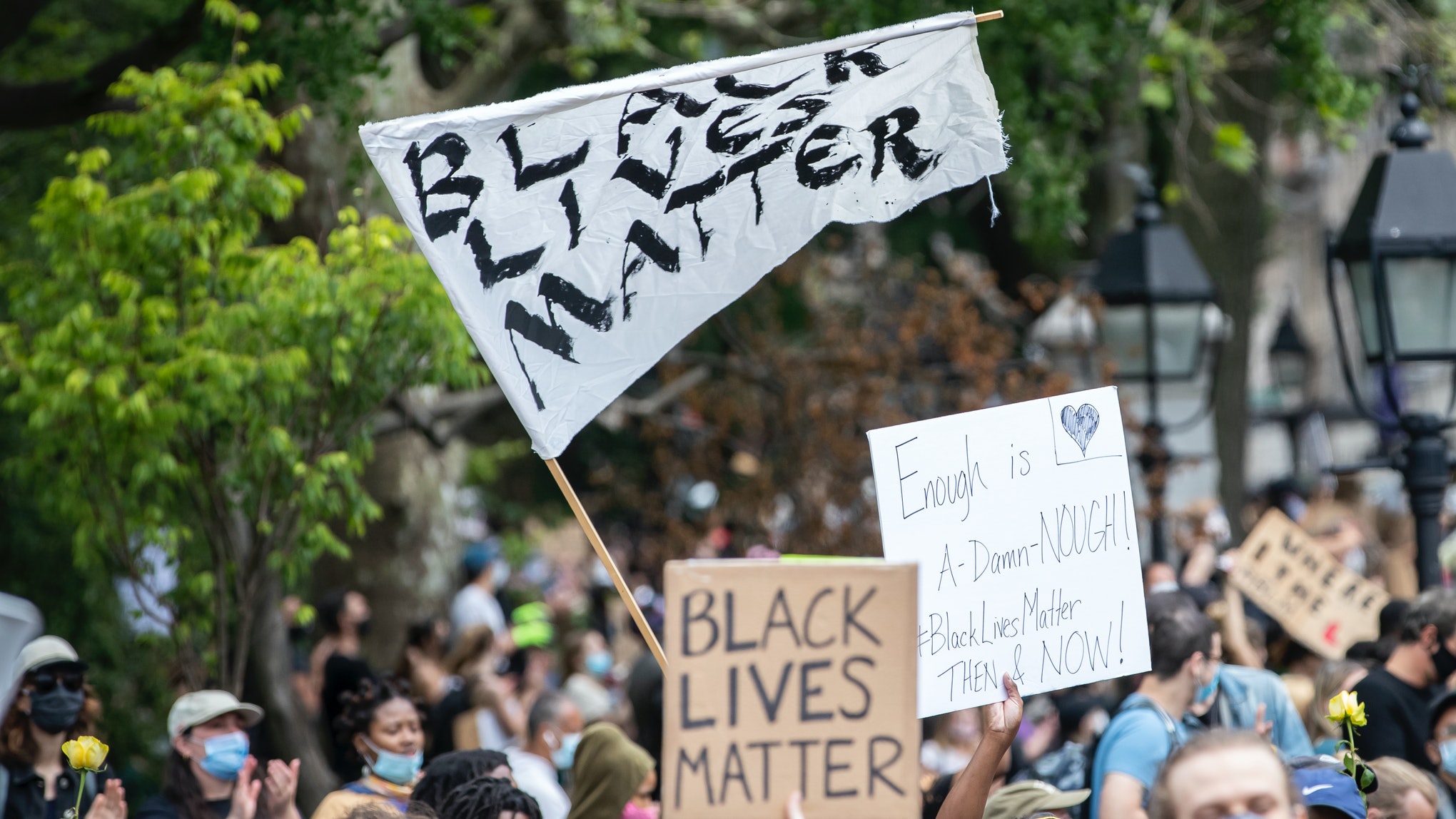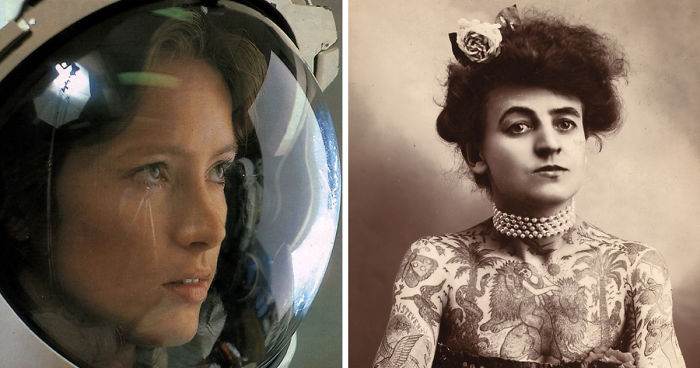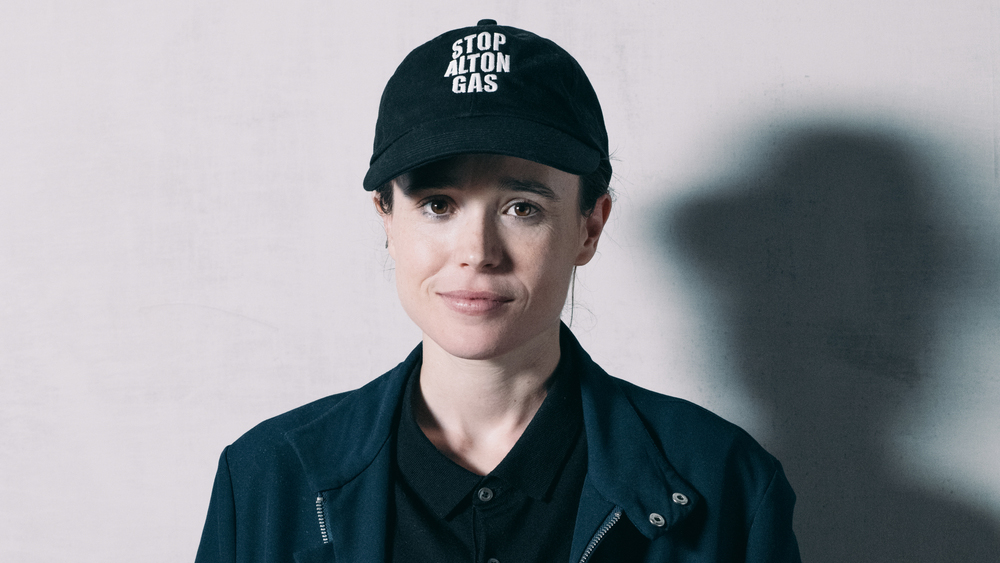A case was opened by the Constitutional Court of Colombia last week questioning whether military service requirements in the country discriminate against trans citizens.
Trans woman Grace Kely of capital city Bogota was denied employment as a nurse by the municipality government when she was unable to present a military service card. Kely was encouraged to apply to the nursing position last summer by the City’s subdirector of LGBT affairs, Juan Florian, but her application was suspended. She claims that, because of the social and institutional exclusion she may face in the military, she should be allowed to work without meeting the national conscription requirement.
She brought her case to the LGBT Affairs department of the Ministry of Social Integration claiming the requirement violates her right to work, right to privacy, and right to live without humiliation. After a month her case was rejected by lower courts arguing no infringement took place and that compulsory military service is a priority — no exceptions.
By this point the case had gained the attention and support of LGBT organizations. The National Transgender Community Network , activist group Diverse Colombia, and others joined a Social Integration Ministry ombudsman in submitting briefs to the court arguing the specific intolerance and potential rights infringements faced by queer service men and women, and the severe conditions faced by the trans community in particular.
The argument against the requirement goes that transgendered people face not only the social exclusion, discrimination, and abuse of the military culture, but are also subject to institutional discrimination. The military in Colombia still assigns uniforms and identification based on birth gender, creating a constant reminder of the otherness of a different gender identity. Furthermore, certain procedures such as nude public medical examinations create other opportunities for discrimination.
The City supports Kely’s case as well. Gustavo Petro, the Mayor of Bogota, filed a concept with the court referring to a 2011 study on sexual diversity finding 98% of queer people have faced discrimination. It also found a higher likelihood of discrimination amongst transgender people.
The military in Colombia began to allow LGBT servicemen and women in 1999 after a ruling by the high court. However, that ruling still allowed for military leadership to expel someone from service for moral or social disruption or indiscretion, which has since been used against open homosexuality, creating a de facto “don’t ask, don’t tell” situation where LGBT people can still be targeted.
Military conscription in Colombia mandates that only volunteers can be involved in armed combat. Average conscripted citizens generally serve in functional and administrative positions. The policy has been continuingly controversial and is an ongoing topic of discussion in political spheres, potentially leading to the courts willingness to take the case


